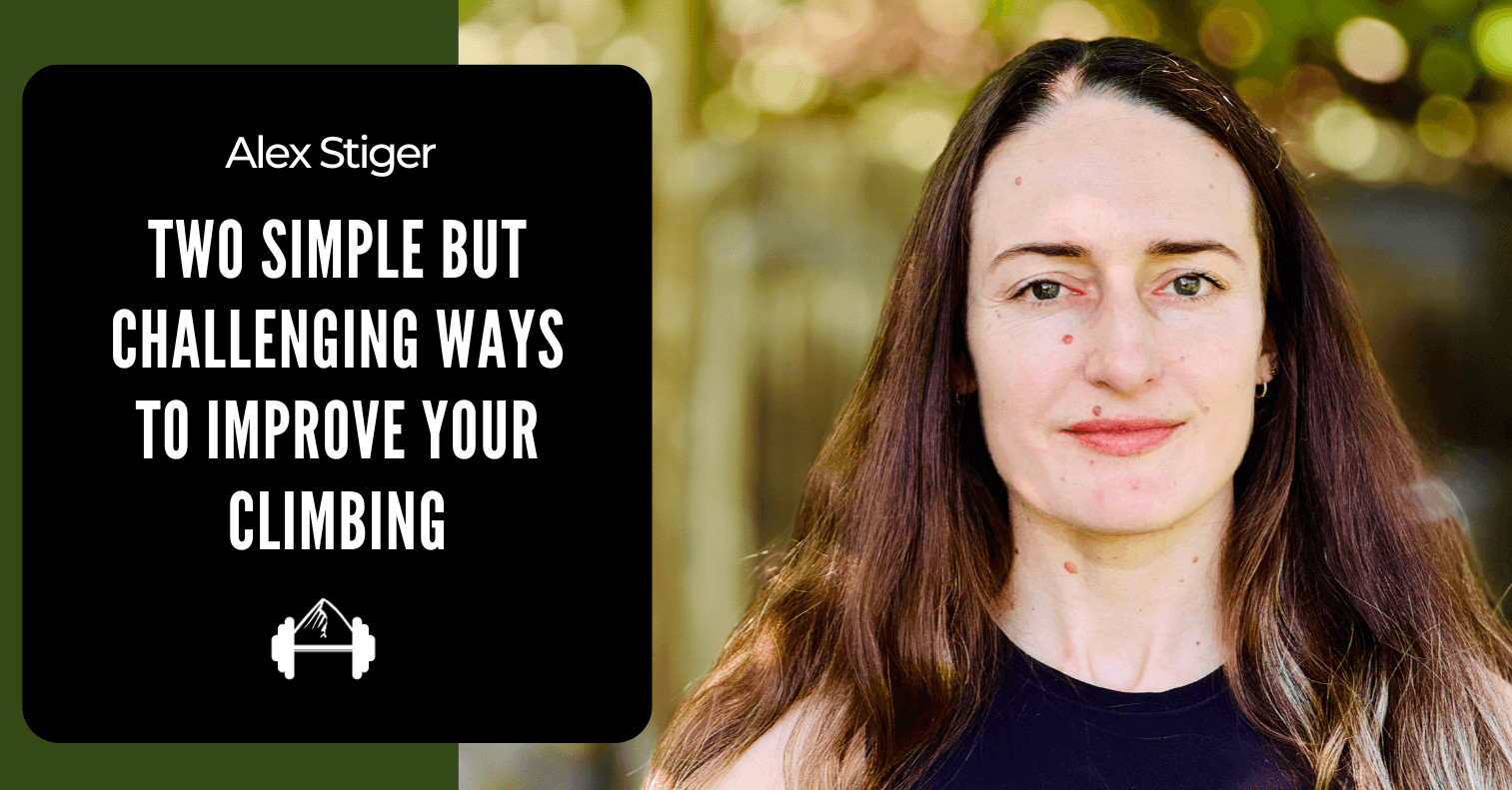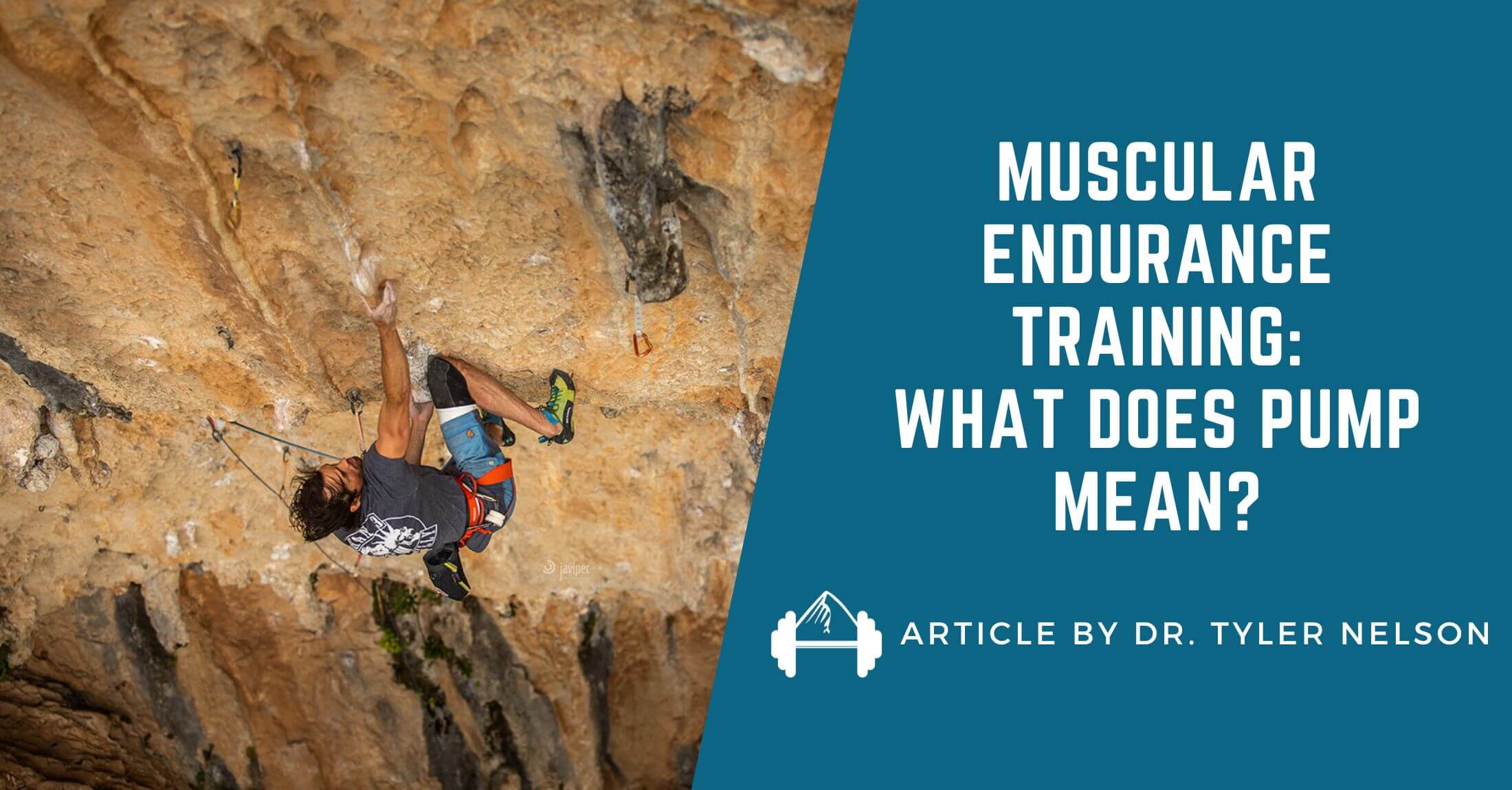Can you hold onto small holds, but struggle to latch them when moving to them dynamically? If you do then chances are you are lacking in contact strength.
To help you better train contact strength, here’s an article by climber and training guru Steve Maisch that describes a power training technique known as complex training and then outlines the workouts he does to incorporate it into his own training.
What is Complex Training:
As Steve describes, complex training is combining an exercises consisting of a heavy isometric contraction immediately followed by a fast plyometric movement both using the same muscle groups.
“The way complex training works, in theory, is that the isometric part of the exercise will cause the the muscle fibers which are typically recruited for a given movement to become fatigued. The sport specific plyometric movement which immediately follows the isometric movement will then require the neuromuscular system to recruit new muscle fibers, since the fibers typically recruited are now fatigued. The end result is that more muscle fibers are recruited when performing a particular movement enabling you to jump higher or do a more difficult climbing move.” – Steve Maisch
Essentially, as Steve asserts, doing the isometric exercises first fatigues your muscle fibers. As a result, when you follow it up with a sport specific plyometric exercise your body is forced to recruit new muscle fibers thus increasing the total number of muscle fibers you can recruit when not in a fatigued state.
Applying Complex Training to Climbing:
To apply this training technique to climbing, Steve combines exercises such as weighted dead hangs with doubles on the campus board. In his article, Steve describes the way he targets different grips including crimps, slopers, pinches, and pockets. To make these exercises even easier to understand, he includes video examples from his own training.
Additionally, Steve outlines the entire complex training workout that he performs. So if you are up to it, you can easily add a complex training element into your next power cycle.
Adding Complex Training into your Program
Ultimately, however, complex training is a very advanced training technique and should only be done by climbers with an extensive training background and experience both hangboarding and campus boarding. As Steve notes, he always takes at least two rest days after completing this workout and doesn’t feel fully recovered for up to five days.
If you are interested in adding some complex training into your training, click through below for the full article. Just be careful and make sure you don’t push too far. Advanced training techniques like these can produce amazing results, but can also quickly result in injury if done improperly or prematurely.
Full Article: Complex Training with Steve Maisch
(Photo Credit: Matt Pincus; @mpincus87; Climber: Ander Rockstad)
Other Articles You Might Like:
- TBP 025 :: Steve Maisch on Home Wall Training and Lifting for Climbing
- Maximum Strength Fingerboarding with Steve Maisch
- Fingerboard and Campus Board for Beginners
- Campus Training 201 with Will Anglin






Leave A Comment